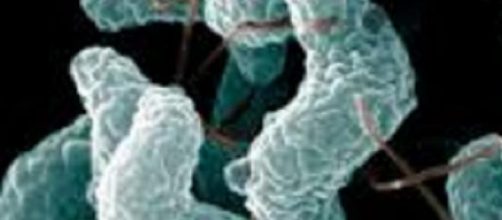The Which? group have contacted seven of the UnitedKingdom’s largest supermarket chains in response to what they perceive as apotentially fatal food poisoning bug that threatens the health of the generalpublic. They are advising the major stores to take a more proactive stance toaddress the potential health issues caused by the bacteria campylobacter, whichis sometimes found in chickens and commonly leads to serious illness.
Which? are looking to the supermarkets Asda, Tesco,Sainsbury’s, Morrisons, the Co-op, Marks & Spencer and Waitrose to unitebehind a risk that they think is being overlooked somewhat and not being takensufficiently seriously by them.
The consumer group have prompted the stores totake a “more visible and co-ordinated industry-wide approach” in handling theproblem to demonstrate their commitment. They have demanded that thesupermarkets make their plans more clearly visible to the public as to whatthey are doing to meet the issue and to set out a timescale for when any actionis planned to be carried out.
Campylobacter is one of the most common groups of germs(bacteria) that can cause food poisoning in the United States and also the UK. Foodpoisoning typically results in gastroenteritis that can lead to diarrhoea andvomiting. The bacteria is often found in raw meat, especially poultry such aschicken and turkey, but can also be found in unpasteurised milk or untreatedwater.
It has been known for cats, dogs and other domestic pets that have theinfection to pass on the bacteria to humans, such as those who regularly visitfarms.
Although the infections that it causes are often mild, therecan be complications such as dehydration, so patients are frequently advised totop their fluid levels up and in severe cases there may be a need to takeantibiotic medicines. Campylobacter has been known to be fatal among somegroups in society such as very young children, the elderly and those peoplewhose immune system is not particularly well-developed.
England hasexperienced campylobacter outbreaks in recent times that were associated withpoultry liver, as after a lunch event at a hotel in Surrey in November 2013. Someguests reported having symptoms akin to gastroenteritis and of 138 guests, 46 wereunwell and eleven were proven to have the infection after laboratory tests hadbeen carried out. Analysis suggests that between 2002 and 2012, the number ofreported cases of campylobacter in England and Wales increased from 48,133 to65,032.
